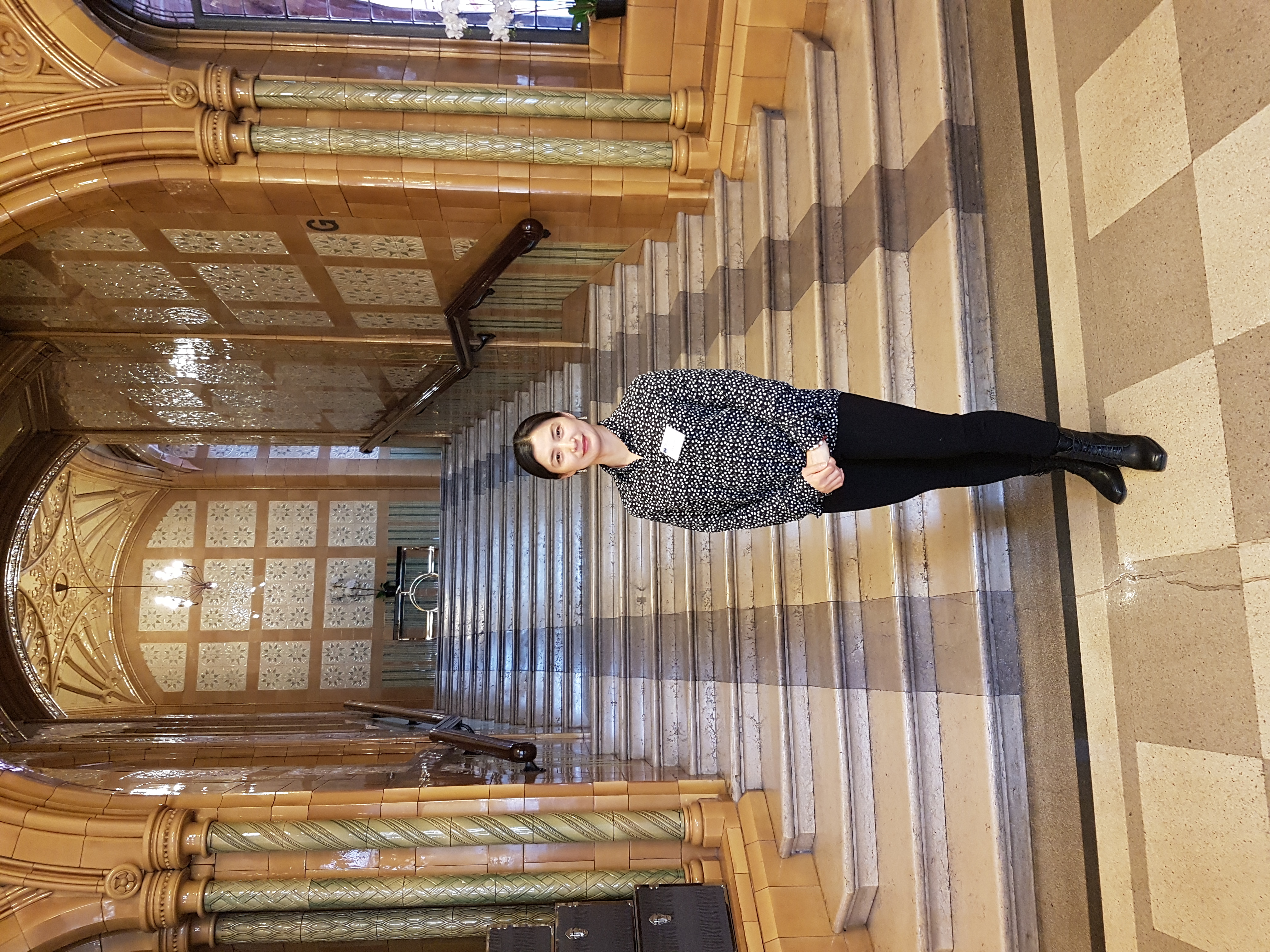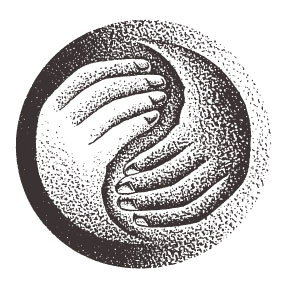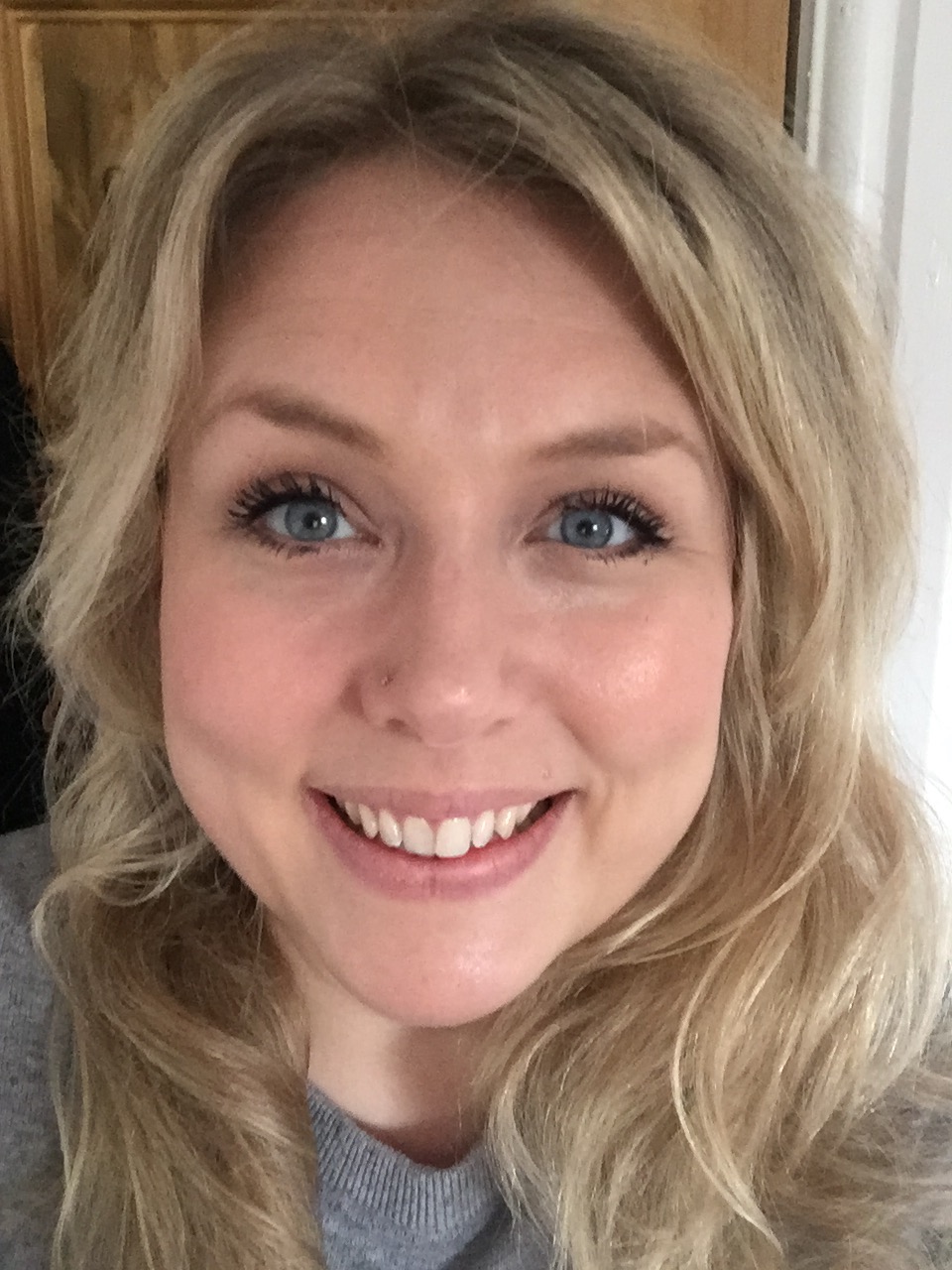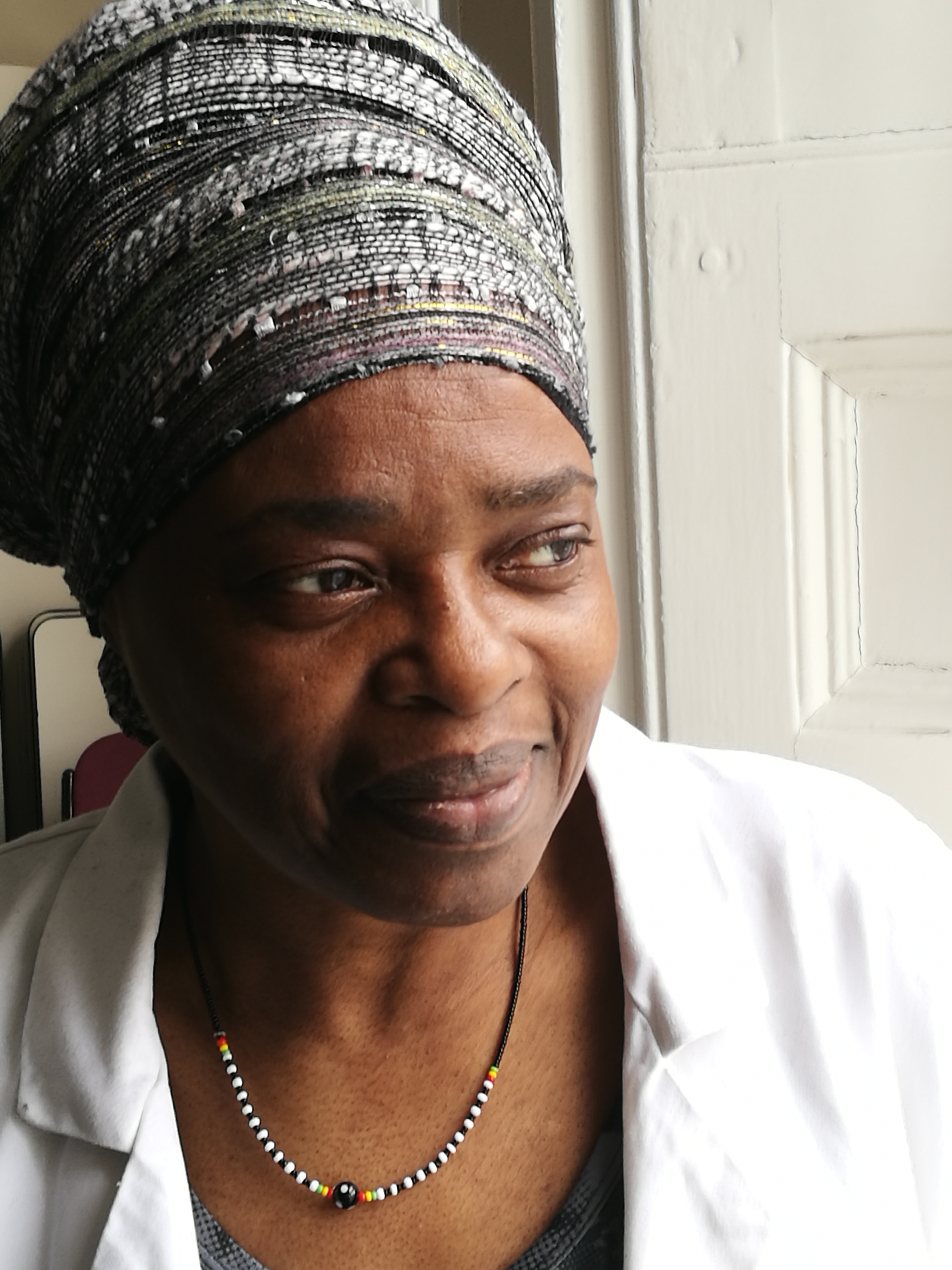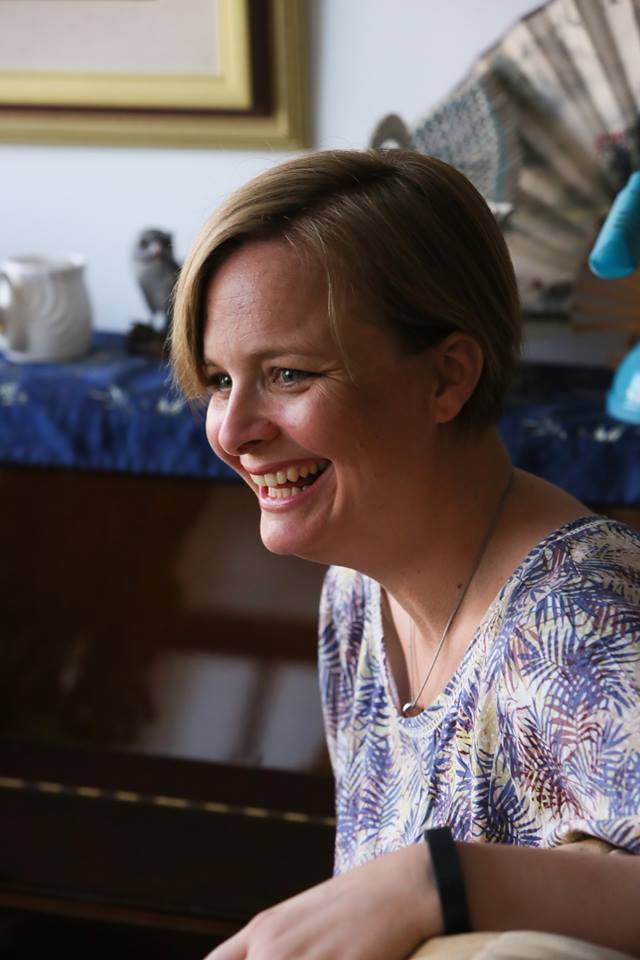Student support
Many students come to us having not studied for a long time, some may have very few formal qualifications. Some students also have particular learning needs whether that is, for example, dyslexia or simply trying to fit in work around family or career commitments . We all need support and a bit of extra time at some point. We appreciate that for some the thought of coming back to study will be daunting.
Your personal tutor
We aim to support you as much as possible and this will begin before you have even started the course. If you have any specific learning needs you will be contacted by Susannah our learning support co-ordinator to find out how we can best help you. Everyone that comes on to the course will be assigned a personal tutor who will stay with you for the first 2 years of the course. They will be in regular contact with you throughout this time, but you can always contact them anytime. In the third year you will work closely with your clinical supervisor who will see you through your clinical phase of the course. Both your personal tutor and clinical supervisor are there to offer you support, provide guidance, to help you make the most of the course and ultimately to help you be the best acupuncturist you can be.
Your learning style
We all have different learning styles and we will help you to explore yours in the first week. All our teachers will use a variety of teaching strategies to help you make the most of your own style. We believe in giving full, explicit and timely feedback on all assignments so that you will know how best to improve. In addition, you can contact all your tutors to get clarification on all matters of your study. In your practical lessons we employ practical skills tutors to support the main teacher in helping to give you more individual attention.
Study skills sessions
In addition we also offer study skills sessions for those who may not have done a degree course before or who have been out of education for a long time.
The first study skills session covers areas such as time management, different learning styles, creating personalised study aids (for example how to use mindmaps if you’re a visual learner, ideas for creating audio tracks if you’re an auditory learner or ways to use touch and movement if you’re a kinaesthetic learner). It’s a great opportunity for students to think about how they are going to study effectively and develop their skills.
The second session covers essay writing and looks at researching, planning, writing an academic essay as well as how to reference your work.
Regional support groups
We will also put you in a touch with your local regional support group. These are groups typically attended by 6-8 CICM students and run by a regional support tutor who will be able to answer any questions you might have and to provide feedback on practical aspects of the course. These groups are also an excellent opportunity to talk with other students from other years.
You will also have access to the CICM student facebook group to share ideas and discuss all aspects of student life with other students.




